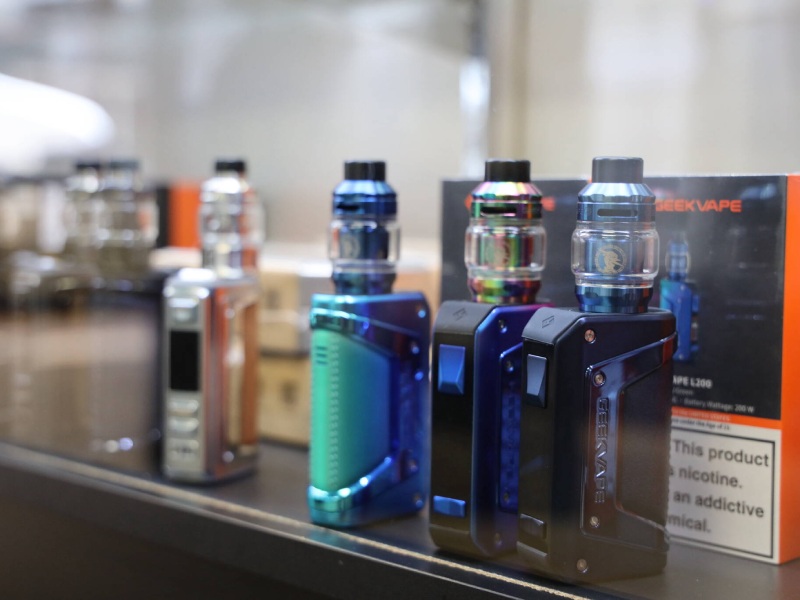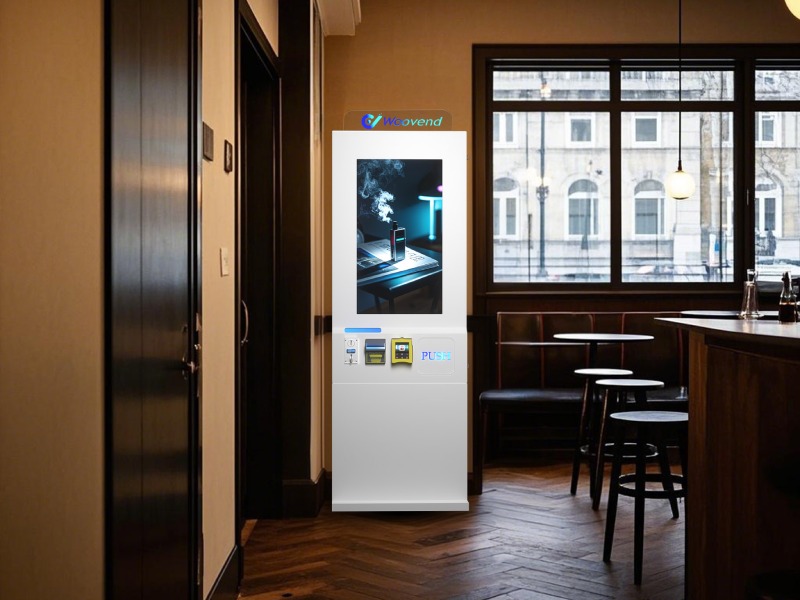E-cigarette vending machines bring unmatched convenience to adult consumers. However, their potential misuse by minors has raised significant public health concerns. Age-verification systems now play a critical role in addressing these issues, ensuring responsible access to vaping products while safeguarding youth.
The Role of E-Cigarette Vending Machines
Vending machines automate the distribution of e-cigarettes, making them easily accessible to adults. Operating 24/7, they cater to busy lifestyles. Yet, this accessibility creates risks when age verification is not enforced, allowing underage users to bypass traditional barriers.
How Age-Verification Systems Work
Modern systems integrate biometric scans and AI(Artificial Intelligence) technology to verify age. These tools check IDs or biometric data like fingerprints and facial recognition to ensure authenticity. Unlike manual checks, digital systems provide consistent and accurate results.
Effectiveness in Combating Underage Vaping
Retailers implementing these systems report significant reductions in underage purchases. By blocking unauthorized access, they uphold regulatory standards while maintaining adult convenience.
Regulatory and Ethical Considerations
Governments mandate strict compliance for vending machines, requiring robust verification technologies. Privacy concerns also arise, as these systems collect sensitive user data. Transparent practices are essential to maintain consumer trust.
The Future of Age Verification
Emerging innovations, including blockchain and advanced AI, promise even more secure and user-friendly systems. These advancements aim to balance accessibility with safety, setting new standards for responsible vaping practices.
Conclusion
Age-verification systems redefine e-cigarette(e-cigs) vending, protecting minors and ensuring responsible access for adults. Their adoption reflects a collective commitment to public health and ethical retail practices.




